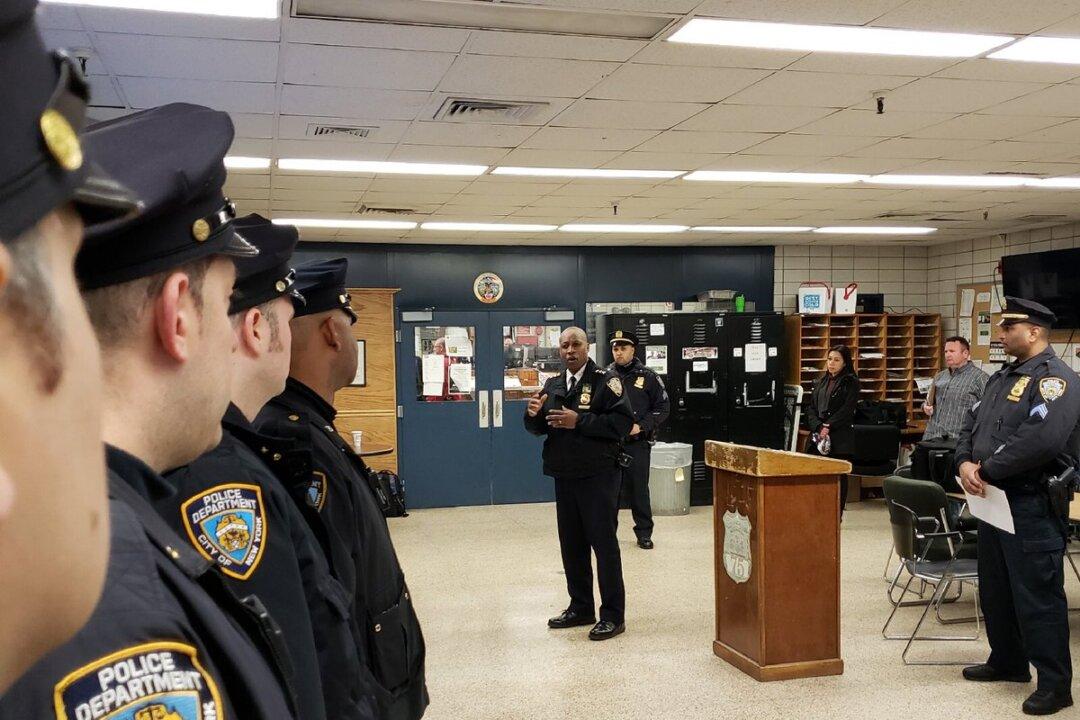The U.S. Constitution affirms that “the President shall be Commander in Chief of the Army and Navy of the United States, and of the Militia of the several states, when called into the actual service of the United States.”
Although there are new dangers since the Constitution was crafted, particularly with terrorism, the responsibility of the president to protect the homeland is unending.
It will be the responsibility of the new president, to protect our democracy by upholding the principles of our Constitution. This is detailed in the oath of the president:
“I do solemnly swear (or affirm) that I will faithfully execute the office of the President of the United States, and will, to the best of my ability, preserve, protect, and defend the Constitution of the United States.”
Founding Fathers Directive: Protect the Homeland
The principal reason that the Founding Fathers came together with the states to create our nation is clear.
It is memorialized in the Preamble of our Constitution as to “provide for the common defense, promote the general Welfare, and to secure the Blessings of Liberty.”
The nation must be protected and America’s new president must abide by these sacred principles.
This will only be possible when character is the heart of the presidency, and the principles of an ethical protector are exemplified by our new Commander in Chief.
Only character has the persuasive power to unite the nation, remedy the challenges we face, and forge collaborative partnerships within the nation, and throughout the world.
Safeguarding Our Homeland: Securing the Nation
America’s security will be a daunting task for our new president.
The continual threat of terrorism by radical extremists that are either inspired, enabled, or directed from abroad remains. Most likely, the dangers of terrorism will intensify before the threat is remedied. These are individuals with no conscience, sense of moral decency, or respect for life. They would desecrate the sacredness of every faith by committing the most horrific atrocities against innocent members of society.





